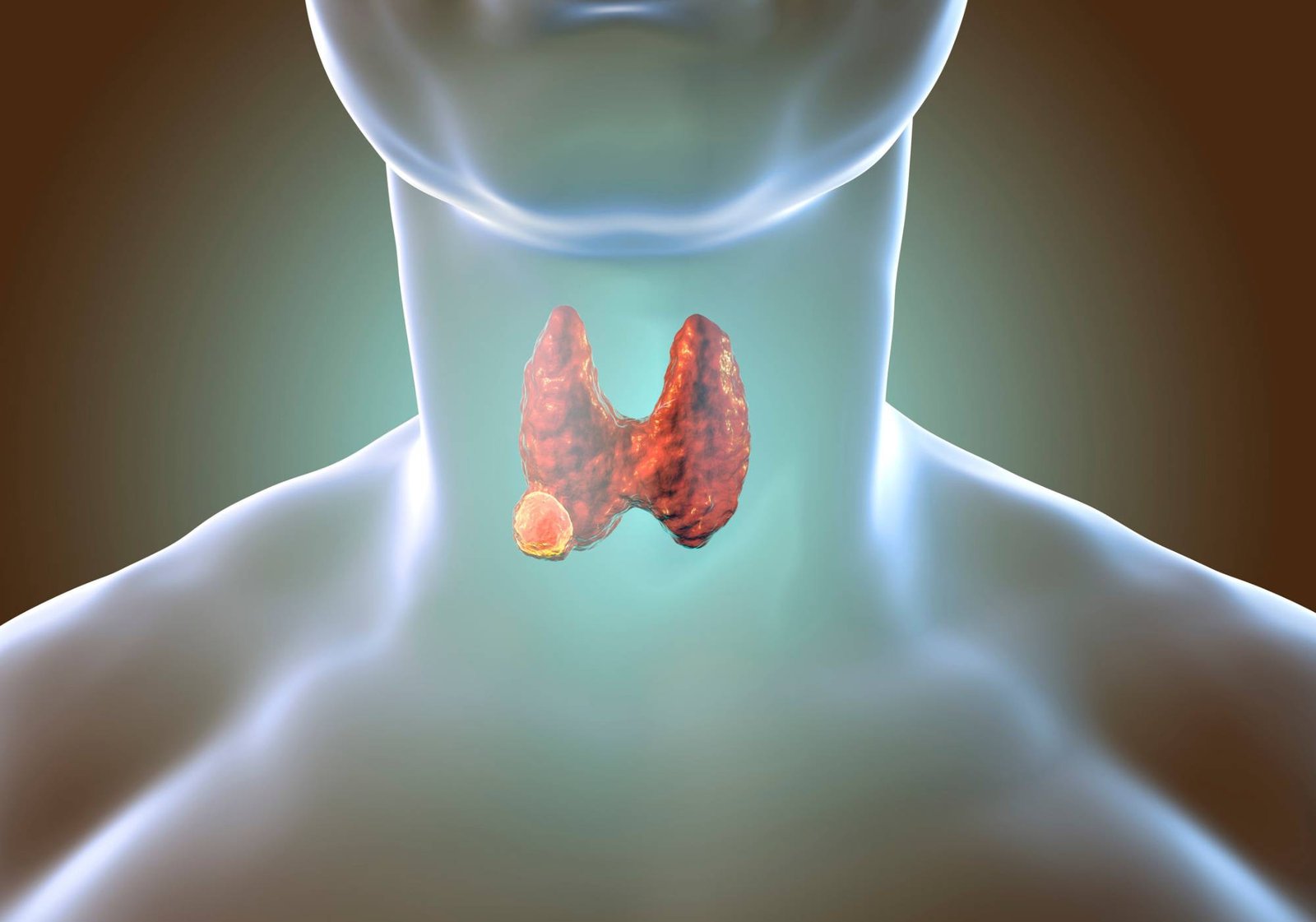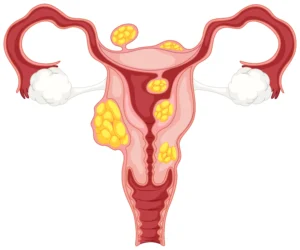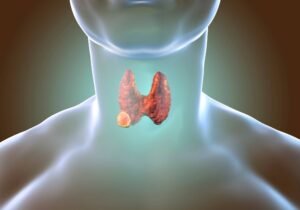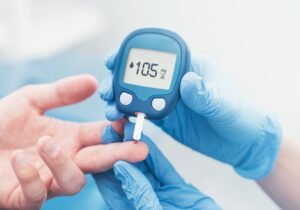Early Stages of Thyroid


Dr. Akhila Reddy Regatte
MBBS, DNB (Family Medicine),
PG Dip Diabetes (Cardiff Univ, UK),
PG Dip Endocrinology (Univ of South Wales, UK)
The Role of the Thyroid Gland
The thyroid gland is an important organ that plays a role in monitoring and regulating the metabolism of your body. A hormone called thyroxine, which is essential for the regulation of energy levels in your body, is produced as a result of this process. The thyroid, on the other hand, may be the cause of significant medical problems if it produces either an insufficient amount or an excessive amount of this hormone.
Hypothyroidism vs. Hyperthyroidism
Hypothyroidism, a condition characterized by a low metabolic state, is called hypothyroidism, while hyperthyroidism, a condition characterized by a high metabolic state, is called hyperthyroidism. It is fascinating to note that both hyperthyroidism and hypothyroidism may occasionally be subclinical, which means that the symptoms may not be immediately noticeable. In light of the fact that many illnesses might go unreported if adequate testing is not performed, early identification is thus of utmost importance.
What Are the Effects of Your Thyroid’s Hypothyroidism?
Hormone Production, Which is Too Low
The condition known as hypothyroidism is brought on by improper production of thyroid hormone. This may have an effect on a variety of physiological systems due to the slower metabolism that it causes. A low Basal Metabolic Rate (BMR) may be the result of having it, which is more likely to be seen in people who are obese and older.
Symptoms of Hypothyroidism
– Restlessness and weight gain – Infertility; puffiness of the face, especially around the eyes – Oligo-amenorrhea, which refers to menstrual cycles that are irregular or missing – Bradycardia, which refers to a slowness in the heart rate – Anemia, stomach ulcers, dry skin, and sensitivity to cold.
What is the Significance of Early Detection?
The detection of hypothyroidism at an early stage may help to prevent complications. It is possible that the condition might even be reversed if the appropriate treatment is administered. The best way to determine whether or whether there are thyroid abnormalities is to do a thyroid function test.
The Condition Known as Hyperthyroidism
The condition known as hyperthyroidism occurs when your thyroid gland generates an excessive amount of hormones. The metabolic state that is characterized by hyperthyroidism is brought on by an excessive release of thyroxine from the thyroid gland.
This condition is characterized by a high metabolic rate. Individuals who suffer from hyperthyroidism have a variety of symptoms as a result of their elevated metabolic activity.
Hyperthyroidism’s Symptoms Consist of:
- Low body weight in spite of more appetite (the outcome of greater BMR)
- Hemostasis
- Regular or absent menstrual periods, or oligo-amenorrhea
- Increased blood pressure and anxiety
- Excessive perspiration and heat intolerance
- Muscular weakness or skeletal pains
- Infertility
- Palpitations, or irregular heartbeats
- Neck area swelling
Eye Symptoms That Are Indicative of Hyperthyroidism
Exophthalmos, often known as bulging or projecting eyes, which is characterized by decreased blinking and a starry-eyed expression.
Considering the Value of Early Evaluation and Treatment
The symptoms of hypothyroidism and hyperthyroidism are often quite similar, which might lead to a false belief that they are the same condition. Early detection of thyroid problems not only helps to avert repercussions, but it also has the potential to totally cure the sickness. This is dependent on the specific thyroid condition. You should avoid waiting for any of the symptoms indicated above to become more severe if you are experiencing any of them. Consult a medical professional in order to get an accurate diagnosis and to start the appropriate treatment. An early detection of thyroid illness often results in a cure and minimizes the likelihood of long-term health complications.
Consult a Professional: When is it?
In the event that you experience all of the symptoms described above, you should seek medical attention immediately in order to undergo a comprehensive evaluation. In order to effectively manage thyroid disease, early diagnosis is really necessary. – If you have unusual fatigue, irregular periods, or weight swings that cannot be explained, you should see a specialist. – A thyroid function test will make it simpler to confirm your diagnosis. – Immediate intervention has the potential to enhance outcomes and may even be able to help reverse the condition.
Latest Article

Are You at Risk for (PCOS) Polycystic Ovary Syndrome?

Early Stages of Thyroid


